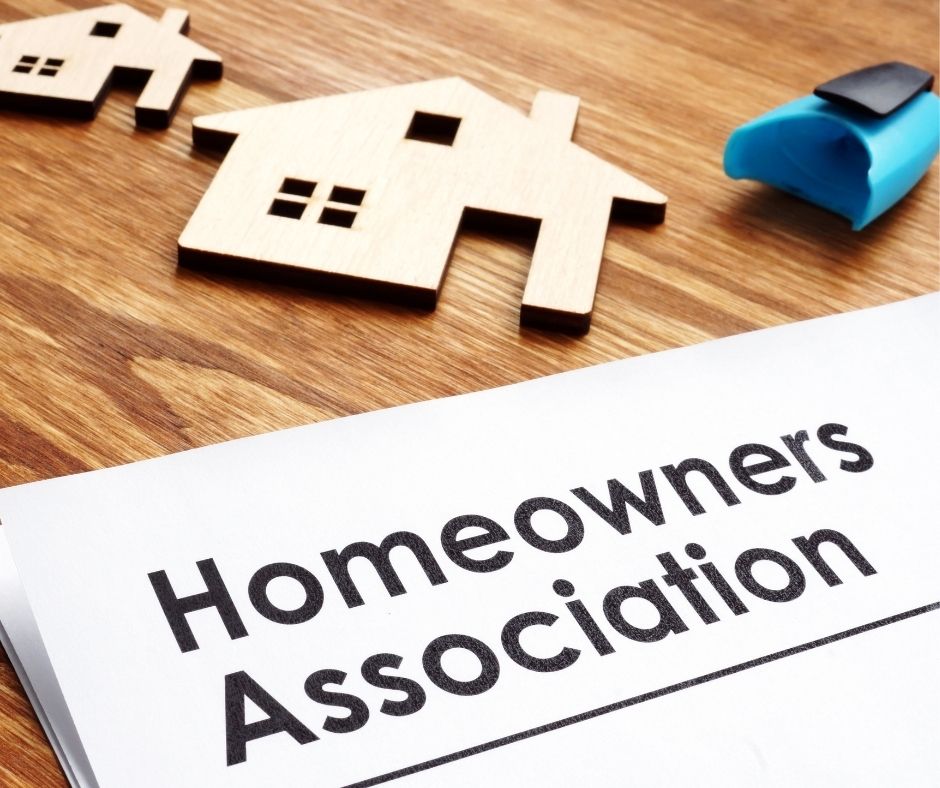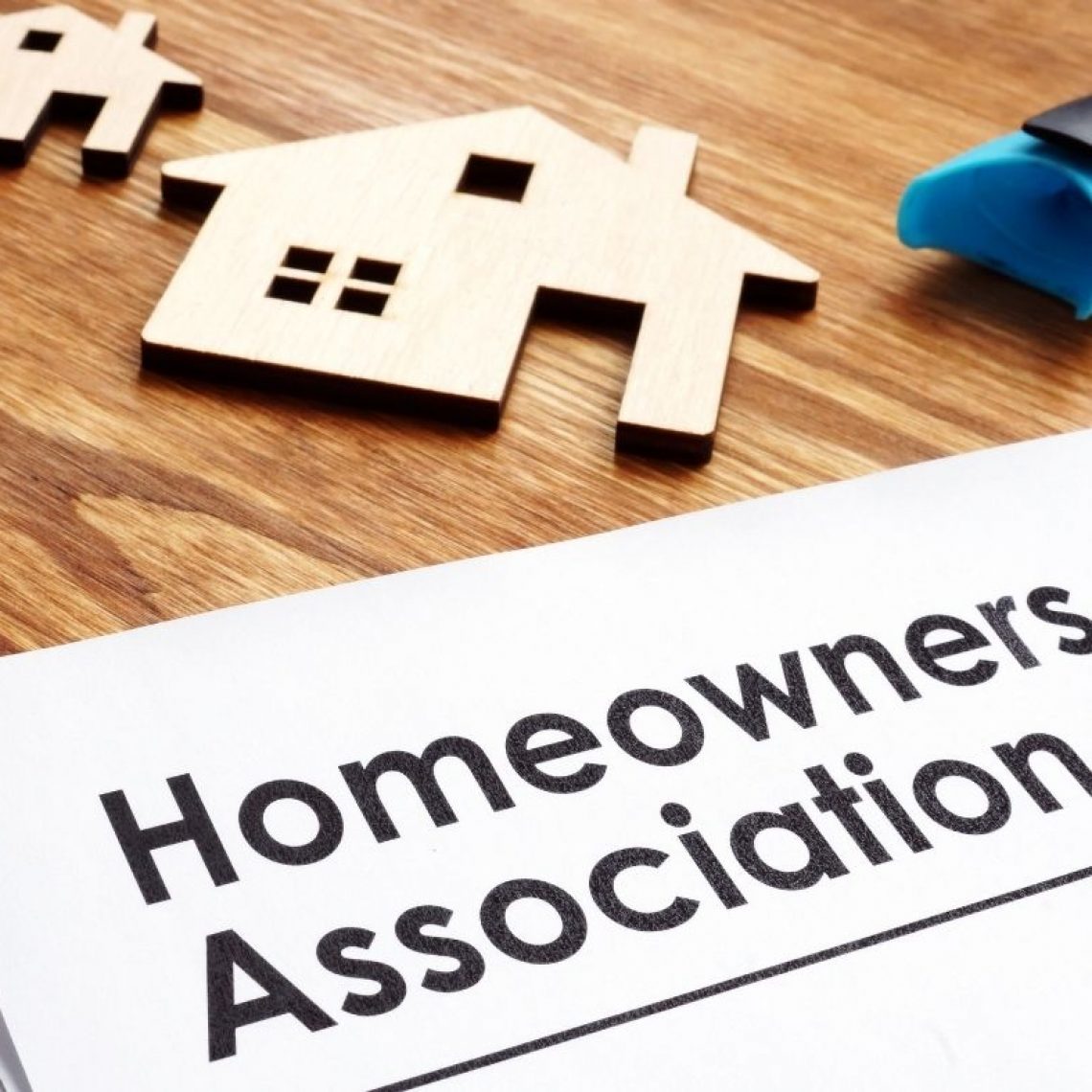The Effect of a Homeowners’ Association

Buying a home could mean being a part of a homeowners’ association. But how can you tell if the HOA is doing a good job?
HOA’s manage, maintain and regulate everything outside of the home — the structure of the building, the common areas, the landscaping, and the recreation areas if they have them. The benefit of an HOA is a clean, appealing, and uniform community. So what’s the catch?
You can’t resign if you’re unhappy with how the organization operates. Here are 4 characteristics to look for when vetting a potential HOA.
1. The Community Looks Good
If the community looks good, it usually means that something positive has impacted it. Of course, the opposite is also true. If you’re thinking about buying into a community, take an objective look at its appearance.
Are the structures of the buildings in good repair? Are the trees pruned, the beds weeded, and the landscaping well maintained? Is the pool clean? Are any of the homes in the community eyesores?
The answers to these questions reflect whether the HOA performs its duties properly and requires homeowners to do the same.
2. Good Communication
You have every right to know what’s going on in your community. Do your research.
Figure out how the HOA board communicates with its homeowners. The options can include newsletters, websites, annual reports, and emails. Check for flyers advertising community meetings.
If the HOA encourages homeowners to attend committee meetings, it’s a good sign that their input is valued.
3. Sound Procedures for Safeguarding Money
The best HOAs put checks and balances in place to safeguard against the risk of financial mismanagement.
They employ a second set of eyes (someone not on the board) to collect dues, pay bills, and review checks and invoices to ensure the HOA’s financial affairs are in good order.
Often the second pair of eyes is a professional property manager, a lawyer, or an accountant on staff.
4. Clear HOA Rules
The best boards run structured, business-like meetings that give transparency to every board decision.
HOA’s tend to have rules called Covenants, Conditions, and Restrictions (CC&R). CC&Rs supersede city, county, and state laws and come with hefty fines if violated. Therefore, it’s really important to know if you’re moving into a community with a strict HOA.
CC&Rs should be applied objectively and fairly throughout the community – but sometimes, they’re only enforced if a neighbor complains. The best way to tell if CC&Rs are applied consistently (or not) is to take a tour around the community.
If everyone’s landscaping is immaculate, the HOA is probably very strict. But if some homes look run-down and others don’t, it’s a sign that the HOA is pretty lax on enforcing their rules.
As a real estate agent, I can help you research Homeowners Associations to make sure you’re buying into a good neighborhood.
If you’re thinking about making a move (or know someone who is), I can help! Just send me a text. No pressure, no sales tactics, just helpful advice and the guidance you need!
And finally, if you’re not thinking about making a move just yet, feel free to save this link for future reference, so you can come back to it!
Come back soon.

